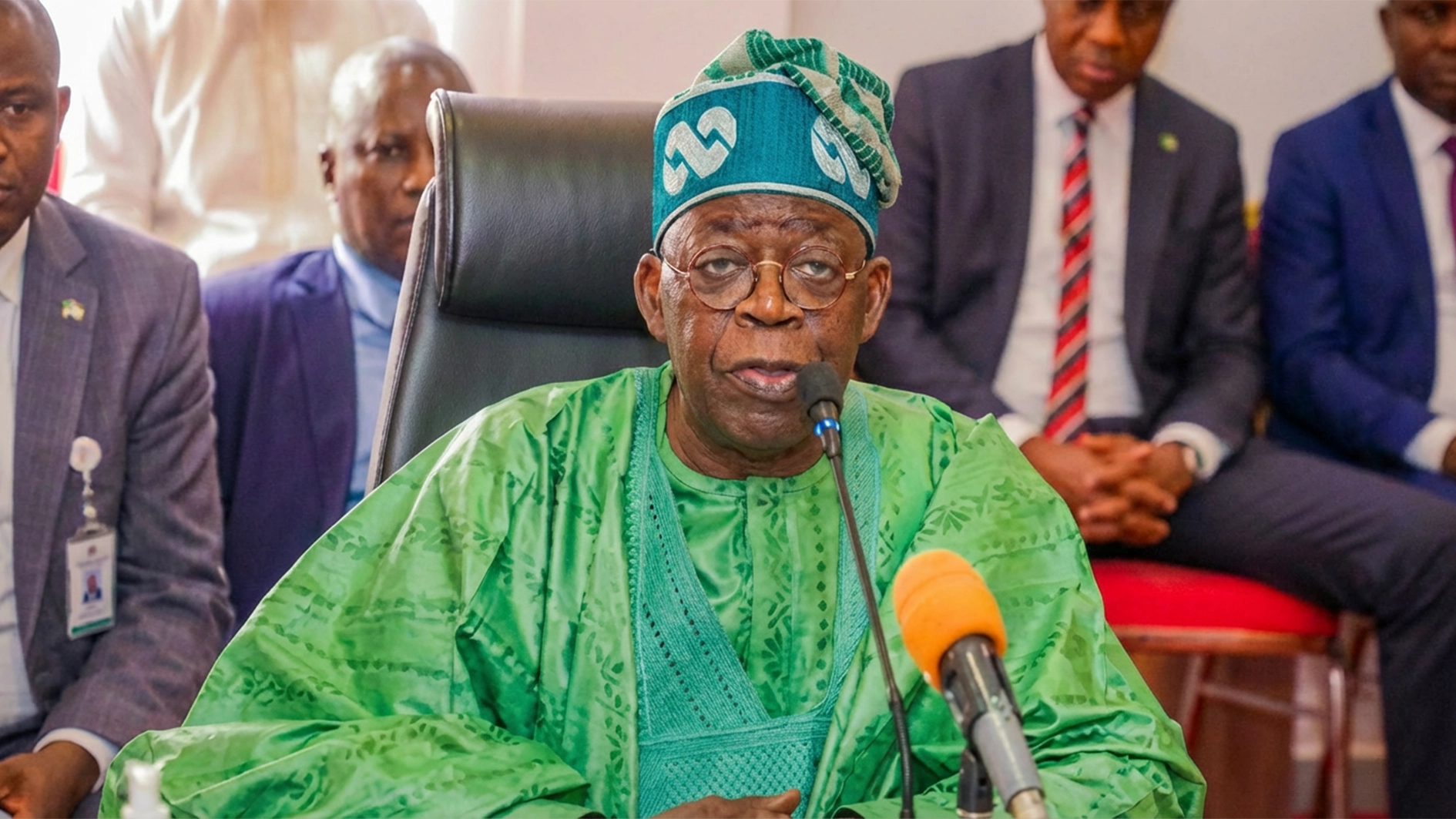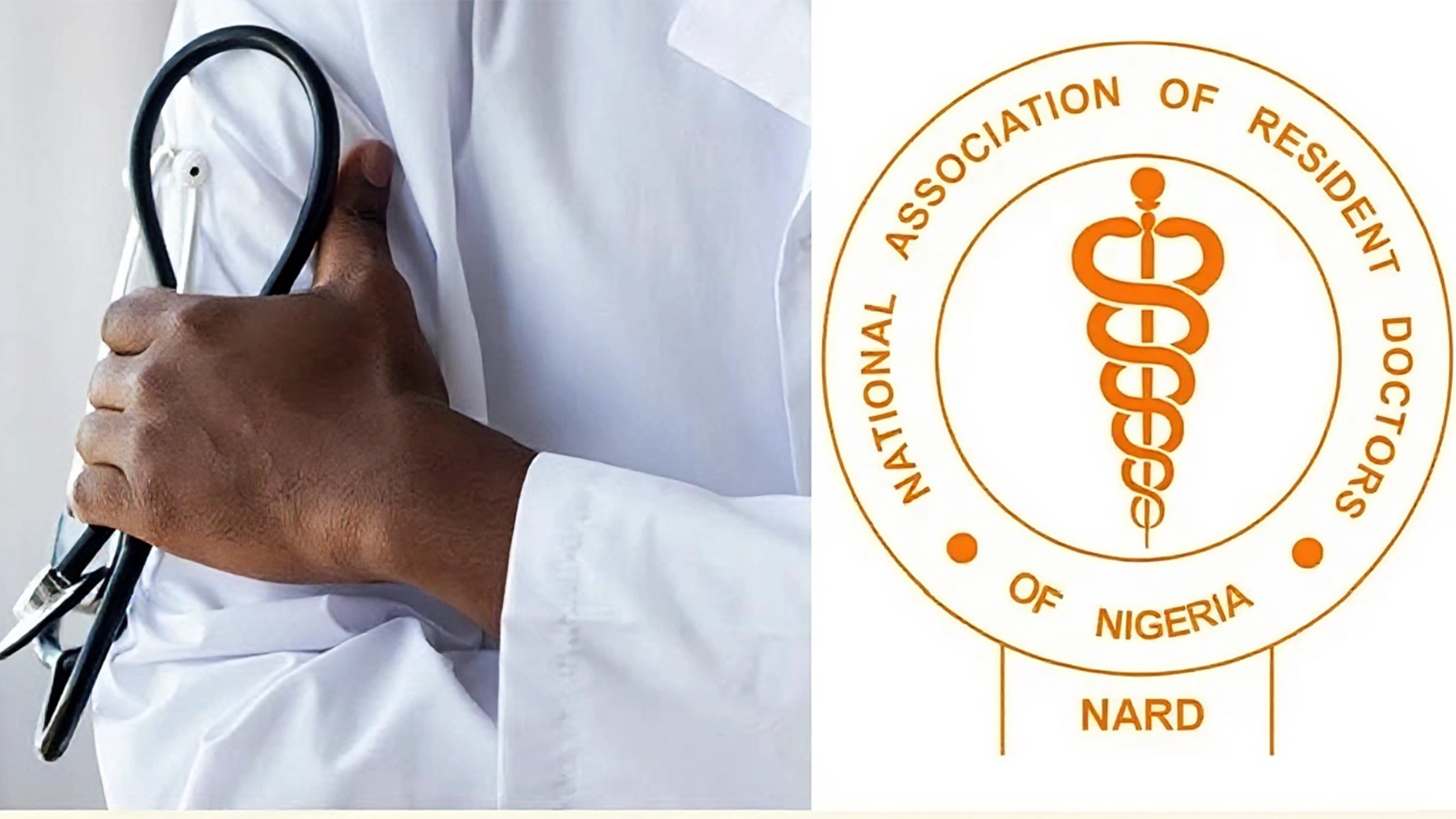Stakeholders across Nigeria have been urged to make justice delivery faster, fairer, and closer to the people in a renewed effort to bridge the country’s widening justice gap.
This call was made at a conference in Abuja organised by the Hague Institute for Innovation of Law (HiiL), which brought together judges, traditional rulers, civil society groups, policymakers, and international partners to chart a new path for legal access.
Themed “Implementing People-Centred Justice: The Nigerian Story,” the event explored practical, homegrown solutions to everyday legal challenges.
According to HiiL’s 2025 Justice Needs and Satisfaction Report, over 90 per cent of Nigerians face at least one legal problem within four years, from domestic violence and land disputes to workplace conflicts. Many avoid the formal justice system due to high costs, complexity, and distance.
The report also revealed that 30 per cent of Nigerians have experienced domestic violence, underscoring a severe gap in legal protection.
“People aren’t asking for miracles; they’re asking for justice that works — justice that is fast, fair, effective, and affordable,” said Zainab Malik, HiiL’s Senior Policy and Advocacy Advisor.
Delivering the keynote address, lawyer and public servant Prince Adewole Adebayo urged a rethink of how justice is defined and delivered.
“Justice is not the law. The law is merely a tool that can lead to justice, or not,” he said, calling for systems rooted in local realities, dignity, and culture.
The conference highlighted ongoing initiatives making a difference. Justice Olugboyega Ogunfowora of the Ogun State Judiciary unveiled Ibi Isadi, a justice hub located in health centres. Magistrate Rebecca Kuwot Suku shared how simple contracts in local languages are preventing costly disputes.
Evangelist Michael O. Ikoku, HiiL’s first social impact investor in Nigeria, recounted how personal loss inspired him to pioneer radio-based dispute resolution, which is now forming the basis for Community Justice Centres.
From a policy perspective, Hon. Bashir Maidugu, Senior Special Assistant to the President, called for reforms to simplify legal language, improve accessibility, and ensure women and persons with disabilities are not excluded.
Breakout sessions focused on four pillars — guidelines, innovation, national strategy, and data — producing concrete, community-tailored recommendations.
Fernandez Marcus-Obiene, Senior Special Assistant to the President on Justice Sector Reform and ICT, emphasised shared responsibility.
“The government alone cannot make things work. Implementation is everything. Let us all deliberately take action to improve our justice sector,” he said.






